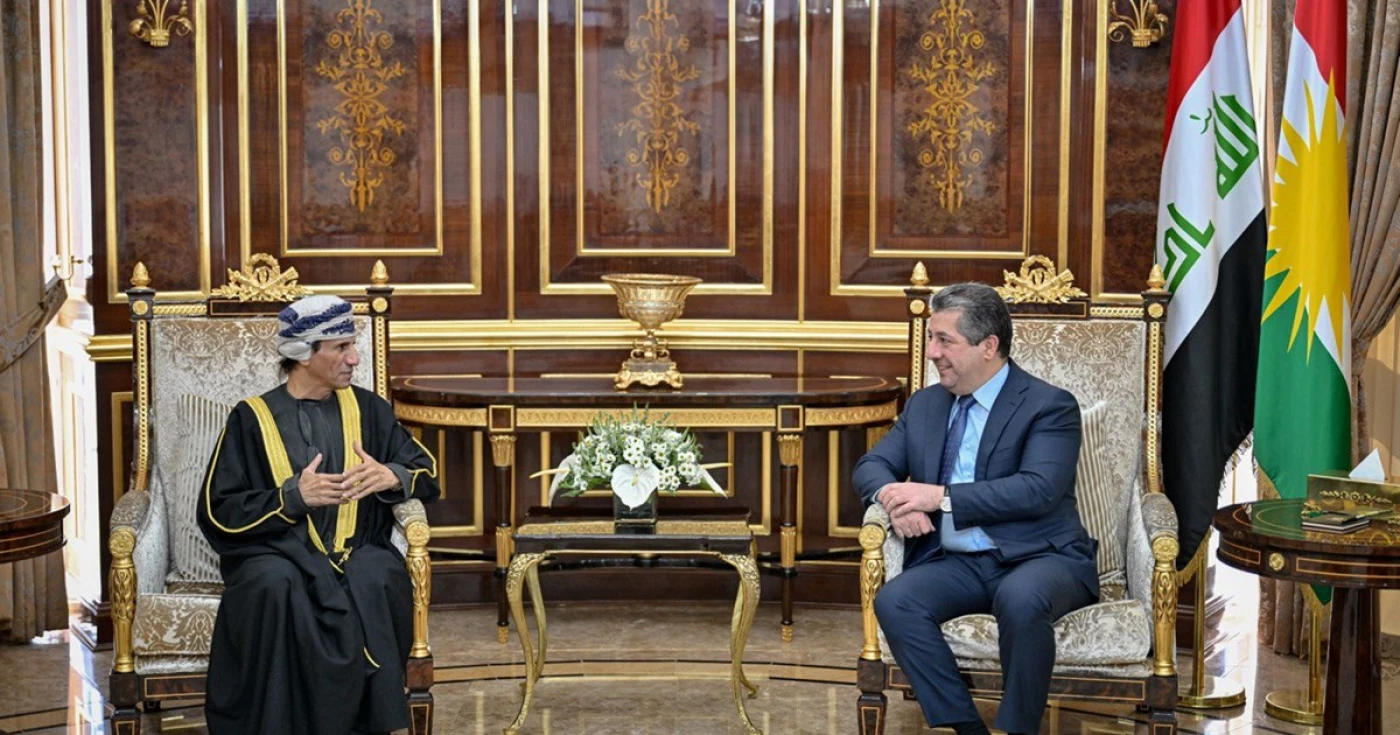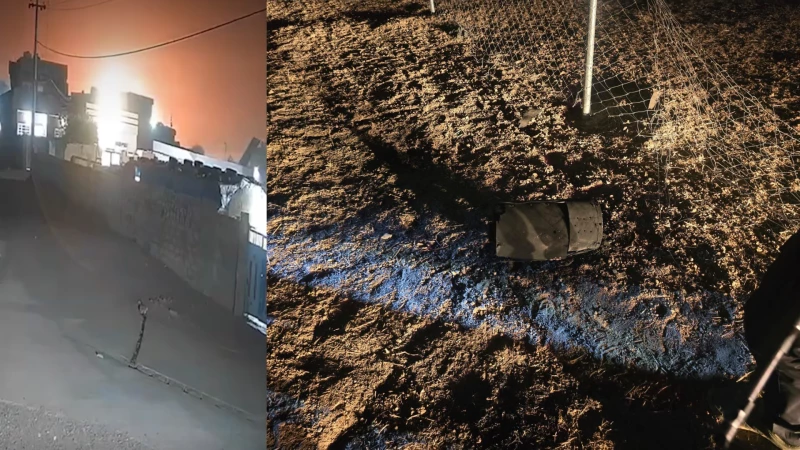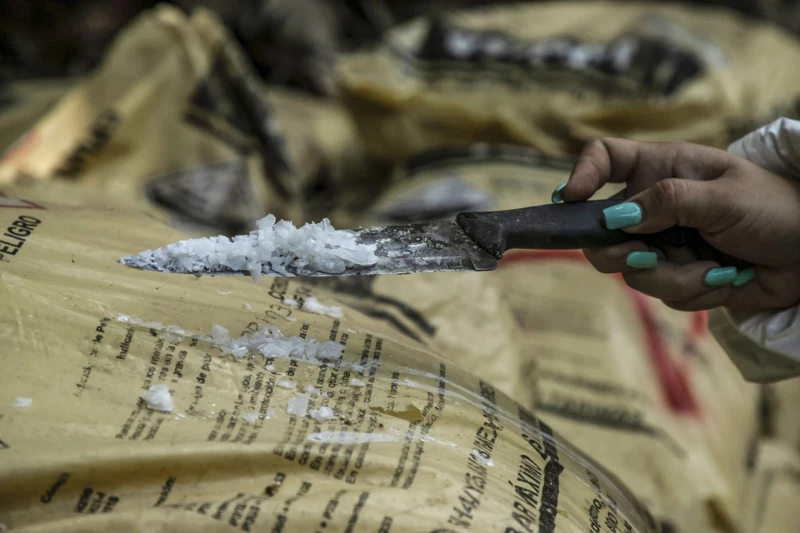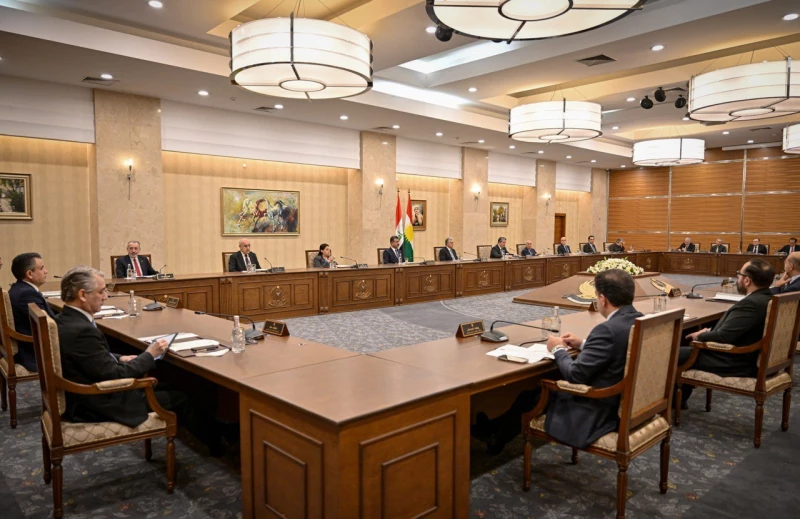ERBIL, Kurdistan Region of Iraq – During a series of meetings with top Kurdish leaders in Erbil on Thursday, including one with Prime Minister Masrour Barzani, Head of the UN Assistance Mission for Iraq (UNAMI) Mohamed Al Hassan emphasized the importance of dialogue within the provisions of the Iraqi constitution in “settling disputes.”
In addition to the Prime Minister, Hassan also met with Kurdistan Region President Nechirvan Barzani as well as Kurdistan Democratic Party (KDP) President and former Kurdistan Region President Masoud Barzani on the same day.
During the UNAMI chief’s meeting with the premier, both sides “emphasized the importance of adopting dialogue and working within the provisions of the Iraqi Constitution to resolve and settle disputes in a manner that does not conflict with the interests of all Iraqis,” the mission wrote in a post on X.
Nechirvan Barzani and Hassan, meanwhile, agreed in a separate meeting that “everyone must work diligently and sincerely to preserve the rights and capabilities of the Iraqi people, regardless of their affiliations or regions,” while also highlighting the importance of remaining within constitutional provisions and pursuing a dialogue-based approach toward issues.
The meetings come as a recent suspension of the Kurdistan Region’s civil servant salaries has sparked outrage among the Region’s public as well as the officials and politicians, who have slammed the decision as “political.” The move has prompted civil servants from the Kurdistan Region to file a complaint to the Iraqi Federal Supreme Court, demanding uninterrupted funding of their salaries on their specified dates as per a previous ruling of the court.
Hassan also met with President Masoud Barzani. Similar to the other meetings, both sides emphasized that “dialogue is the best means to resolve and settle outstanding issues” and that the Iraqi people’s “legitimate right to a dignified life” should not be compromised by anyone.
In a letter addressed to the Kurdistan Regional Government (KRG) in late May, Iraqi Finance Minister Taif Sami said that Baghdad was “unable to continue funding the Region” for the rest of the year, arguing that Erbil has already exceeded its share of the annual budget.
Representatives from Erbil and Baghdad have engaged in fresh rounds of talks in both cities in recent days aimed at resolving the longstanding financial issues and making a final push toward the resumption of the Kurdistan Region’s oil exports —a move seen as the only step out of the crisis.
Kurdistan Regional Government (KRG) spokesperson Peshawa Hawramani said on Wednesday that funding the salaries of the Region’s employees by the federal government is contingent upon an agreement between international oil companies (IOCs) and Baghdad for the resumption of Erbil’s exports. “The ball is now in Baghdad’s court,” Hawramani said. “The fate of one million employees awaits a signature” from Iraq’s Prime Minister Mohammed Shia’ al-Sudani.
Hawramani noted there were third parties involved in the recent meetings between Erbil and Baghdad, notably the US, which “wants the Kurdistan Region’s oil exports to resume.” US State Department spokesperson Tammy Bruce told The New Region on Wednesday that Washington will not accept “an indefinite delay” in resolving issues relating to the Kurdistan Region’s oil exports.
Years of conflict and unresolved issues between Erbil and Baghdad, and economic sanctions and pressure on Erbil by federal authorities, have pushed employees in the Region to live from paycheck to paycheck


 Facebook
Facebook
 LinkedIn
LinkedIn
 Telegram
Telegram
 X
X



